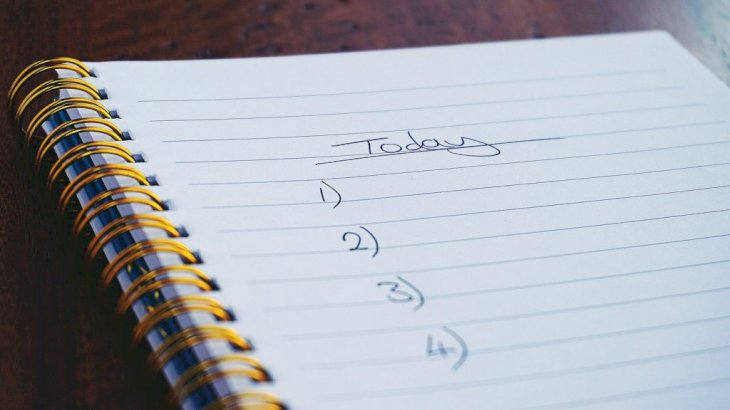
A Guide To Handling Toxic Productivity
Toxic productivity represents an unhealthy obsession with productivity. With lockdown implementation, many people have decided to take advantage of their free time to learn new things or work overtime.
It can be a good thing, taken to the extreme; it can be hazardous because, in the end, we are so obsessed with the work and our results that we no longer take time for something else or even for ourselves.
Signs of toxic productivity can range from impacting your mental health to forgotten obligations and personal responsibilities. It also affects your relationships with people, and you begin to have unrealistic expectations.
How To Avoid Toxic Productivity

Photo by Andrea Piacquadio on Pexels
There are easy ways to stop toxic productivity before it interferes with your health, work performance, and relationships. Just because you've worked 8 hours straight doesn't mean you've been productive.
If you want to avoid toxic productivity, you have to keep an eye on your energy and stop striving for perfection. Also, watch your emotions, don't compromise with your breaks, define your ideal schedule, adjust your goals and expectations, and adopt simplicity.
Set Goals Within Your Reach

Photo by Suzy Hazelwood on Pexels
When you define goals to achieve, you must also consider the context in which you are. For example, suppose you have family events, children to manage, or anything else that punctuates your daily life in addition to your work. In that case, they must be taken into account so that everything can coincide without harming your quality of life.
Do not hesitate to reframe your goals downwards as you progress if you need more time or take a break. See what you've accomplished every day, even baby steps, rather than focusing on the things you haven't accomplished. And above all, don't have any remorse.
Make Time For Yourself

Photo of Gary Barnes on Pexels
Suppose you often have this feeling of guilt when you spend a day doing nothing. In that case, you should realize that these inactivity moments are beneficial for you and are part of the work process—making time for yourself, taking breaks, and taking a few days off now and then is essential for your physical and mental health.
Making time for yourself ultimately promotes productivity and creativity. If you have a to-do list, you can also include break sessions between the different tasks you have to do. It's an excellent way to reduce your guilt when you're inactive. Besides, don't hesitate to put alarms on your phone to remind you that it's time to take a coffee break!
Exercise!

Photo by Evelina Zhu on Pexels
This is an excellent way to occupy yourself when you take a break. It is also a perfect way to avoid thinking too much and therefore feeling guilty. The effect on your body and your well-being is not negligible either.
You will release your tensions and have a feeling of relaxation and satisfaction once your session is over. Besides, sport is beneficial for productivity and the mind. Understand who you are, what your moods are, and adapt your exercise accordingly.